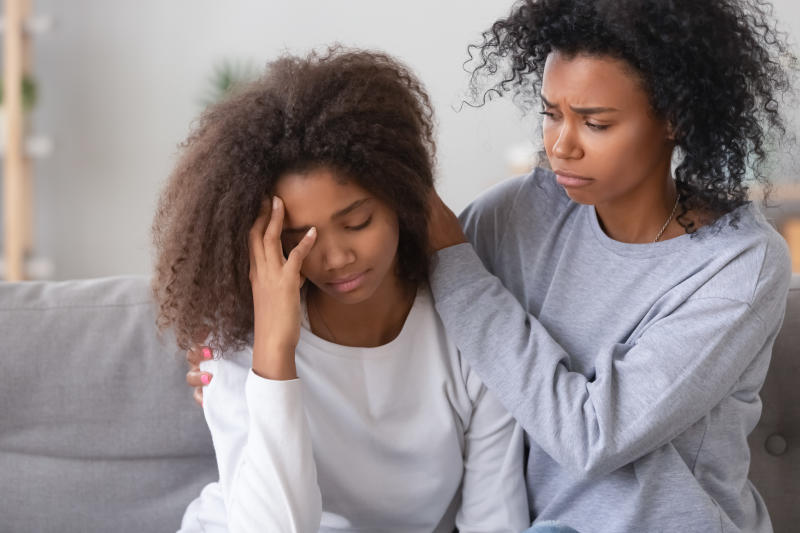×
The Standard e-Paper
Smart Minds Choose Us

Mother calming frustrated daughter [File]
Mental health has an impact on many aspects of our daily lives, more so for adolescents and young women. Globally, about 20 per cent of adolescents and young people experience mental health problems.